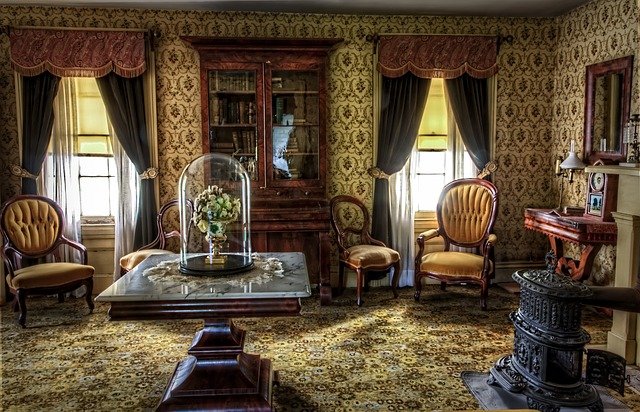Some of my ancestors fall under the definition of enslavers. Not all of them and not only the southern ones, either. Many people think slavery was endemic only to the southern United States, as far as U.S. history, but that's not correct. There were enslaved people in the northern states, and I ...
